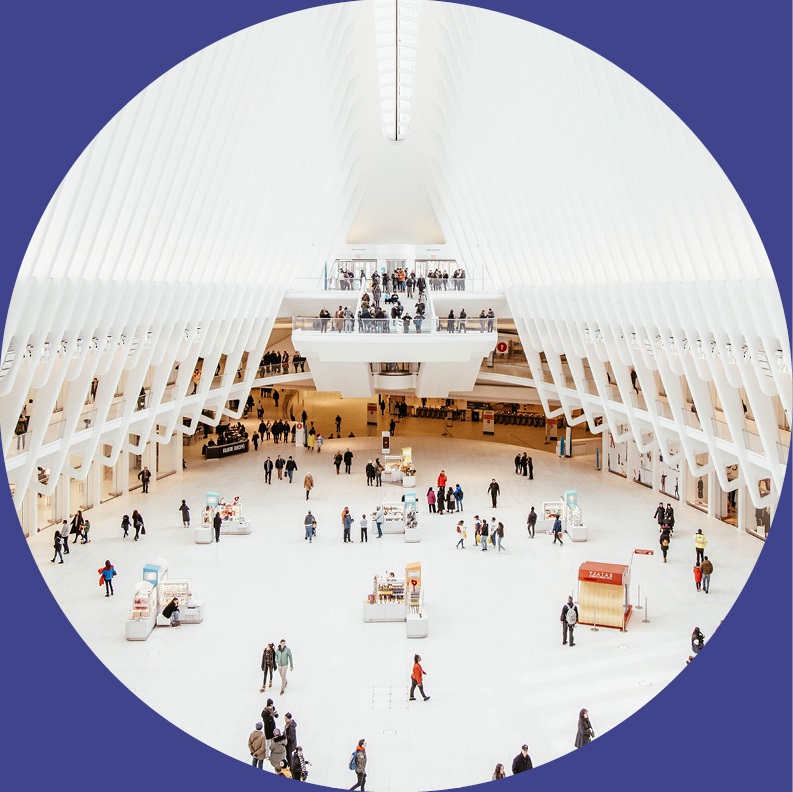
Selfridges Launches Ethical Retail Push ‘Project Earth’
Published 26 August 2020
Kristina Spencer
Outlining its commitment to sustainability, luxury British department store Selfridges has responded to growing consumer demand for sustainable fashion and retail by launching eco-ethical initiative Project Earth, as a part of a five-year plan. Focusing on three main areas (retail, materials and mindsets) the initiative builds on strategies introduced by Selfridges over the last decade.
Selfridges Launches Ethical Retail Push ‘Project Earth’


Topics

Want to see the full report?
Offering access to over 350 consumer and cross-industry reports annually, Stylus Membership is your window to tomorrow’s most exciting opportunities.
We already arm more than 500 of the world’s most forward-thinking brands and agencies with the creative insights they need to make transformative business decisions.
We’d love to do the same for you.
Book a demo with us today to discover more.
More Reports From Stylus
More Reports From Stylus
Heroing the Human-Made
Growing fears over AI displacing human agency and creativity and diminishing the quality of content (see Key Stats, including those on AI Slop) are spurring renewed appetite for human-made artistry. Globally, the number one thing consumers want brands to prioritise in 2026 comms is human-made content (











